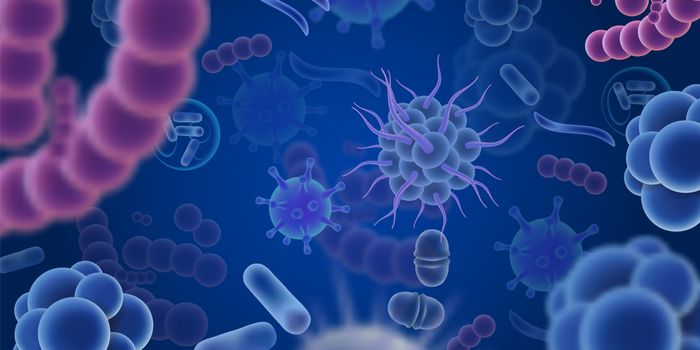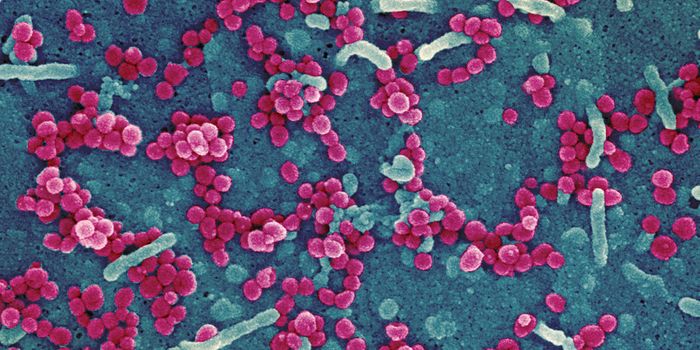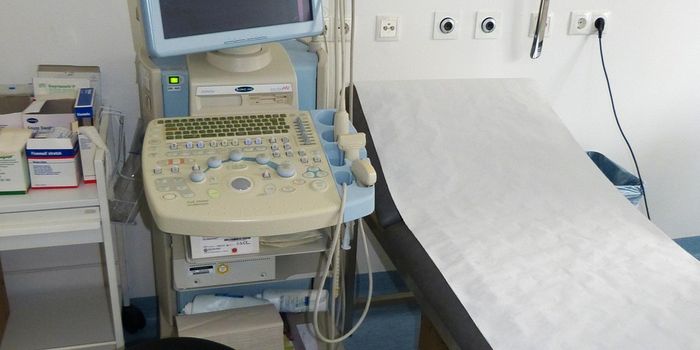Researchers Learn How Sugar Boosts Inflammation
Our bodies need sugar; carbohydrates are critical to health. But many of the foods we consume, like soft drinks, cereals, and sweets are loaded with additional sugar. Some researchers have suggested that all that extra sugar can act like a poison. Excessive sugar intake has been linked to obesity and a higher risk of type 2 diabetes. Studies have also shown that people who consume high levels of sugar over long periods of time are significantly more likely to develop cardiovascular disease. Excessive sugar intake can also promote inflammation. Chronic inflammation is thought to underlie a wide range of disorders, including but not limited to cancer, kidney disease, and non-alcoholic fatty liver disease.
Researchers have now learned more about how excessive glucose intake can promote inflammation. This work also suggested that when metabolic processes that rely on glucose are inhibited in certain immune cells, inflammation can be reduced. The findings have been reported in Cell Metabolism.
Immune cells use a lot of glucose to carry out their essential functions, explained study leader Dr. Martin Väth of the University of Würzburg (JMU). That glucose is absorbed from the environment with the help of special transporters in the membranes of those cells. One glucose transporter in particular called GLUT3 has additional roles.
A type of immune cell that has been recently discovered, type 17 T helper cells or Th17 lymphocytes, carry high levels of GLUT3 on their surface, said Väth. These cells are involved in controlling auto-inflammatory processes.
After Th17 lymphocytes take up glucose, it moves to the mitochondria of those cells where it gets converted to citric acid, then metabolized to acetyl-coenzyme A (acetyl-CoA) in the cell cytoplasm. Acetyl-CoA has a number of functions in Th17 cells. In this study, the researchers showed that acetyl-CoA can influence the expression of proinflammatory genes in those cells as well, revealing how sugar consumption can promote inflammation.
The researchers are hoping that these findings will open up new treatment options for autoimmune disorders. It may be possible to interfere with the chemical conversion of glucose after GLUT3 absorbs it, in a kind of metabolic reprogramming that would not disrupt or suppress the function of the immune system.
Sources: University of Würzburg, Cell Metabolism









